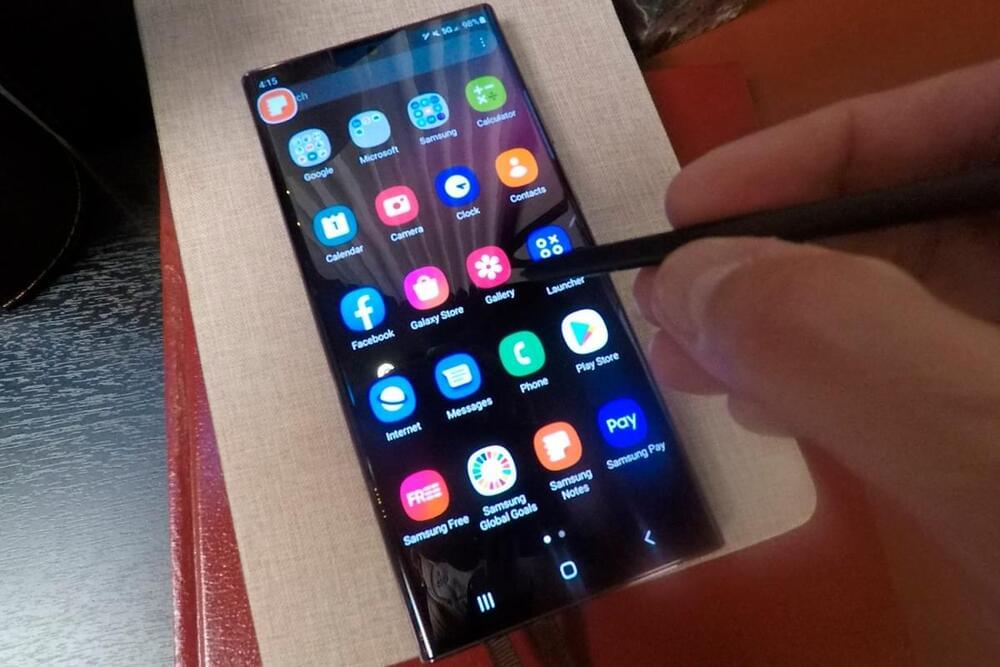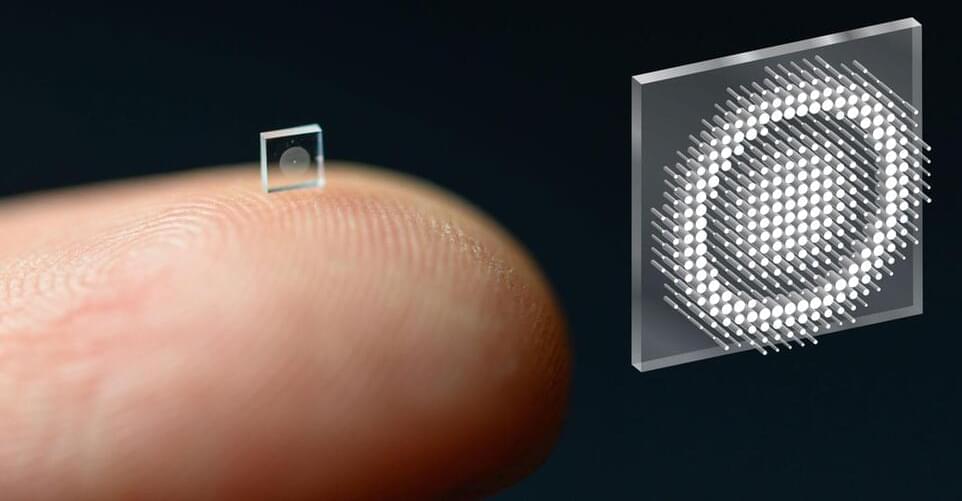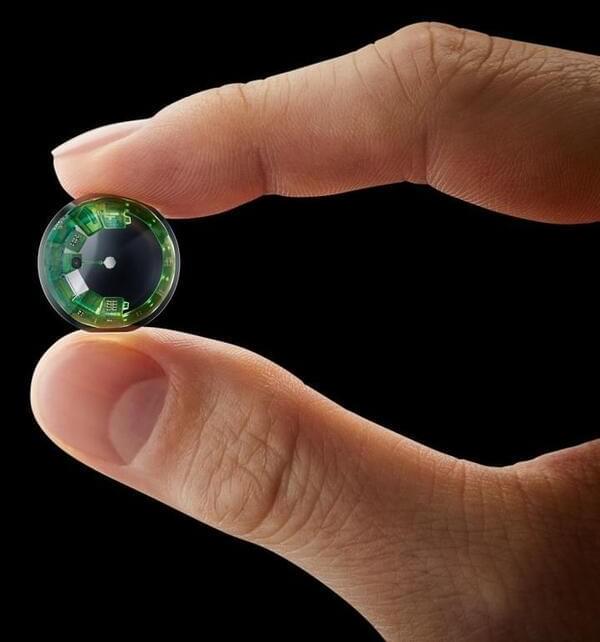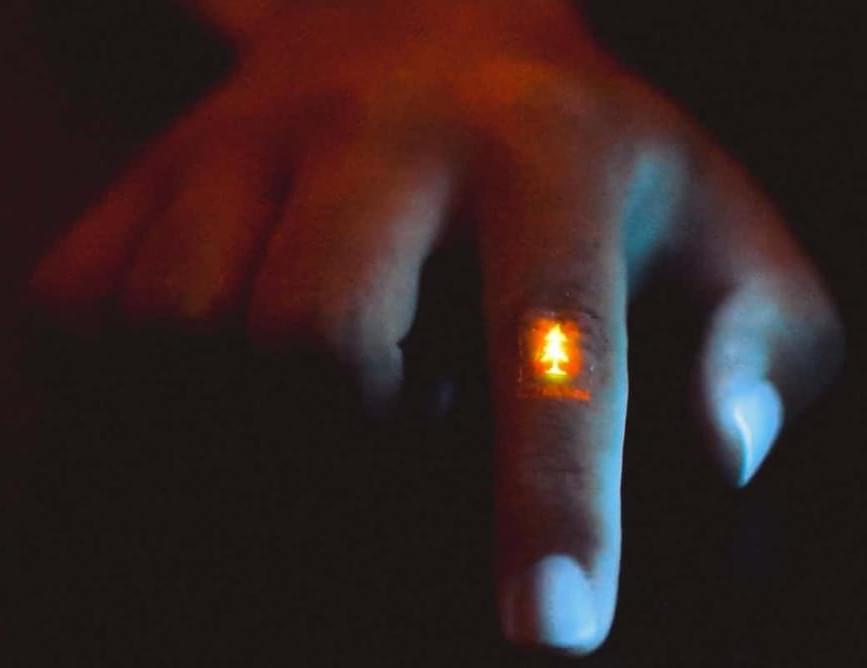
The result is a series of specialized accessories, including a sunglass holder, a can holder, and a phone or cardholder explicitly created for the new Peugeot 308. Made using the latest HP Multi Jet Fusion 3D printing technology, the products are not just innovative but also “pleasant to the touch, light, solid and easy to use.” According to the brand, they go a long way in enhancing the car’s interior, which showcases a new generation of Peugeot’s i-Cockpit –a patented new design that revolutionizes the driver’s cockpit through advanced ergonomics, head-up digital instrument displays, and interactive touchscreen technology.
According to the brand, this is just one of the first 3D printing used at Peugeot, as the company plans to continue implementing it for more technical parts in future car models. Moreover, as part of the PSA Group, which recently merged with Fiat Chrysler Automobiles (FCA) to create Stellantis, Peugeot is now a sister company to 13 other car manufacturers, including Dodge, Jeep, and Maserati, so looking at the bigger picture, we can imagine that the use of additive manufacturing will trickle down to the other brands under the Stellantis umbrella.
















